Oh, how we look forward to the sunnier weather – but on the other hand, if you are an allergy sufferer, you’ll know there is a price to pay.
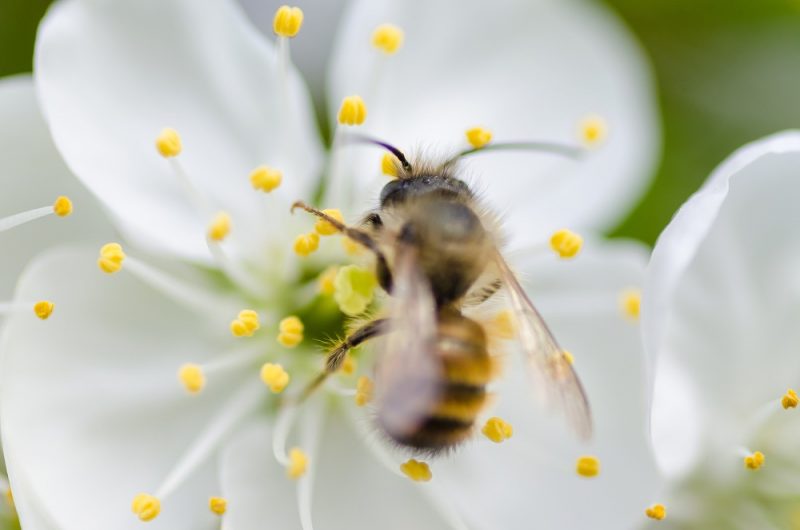
Unfortunately, about 25% of the population has to put up with hay fever symptoms and the figure is rising. In the spring/summer months fluctuating air quality, humidity and the pollen count can play havoc with your body’s reactions and cause miserable side effects such sneezing, congestion and coughing, itchy eyes and nose, wheezing, headaches – to list a few!
Thankfully, there are some things you can do to help alleviate your suffering, from cheap and cheerful home remedies to using the very latest technology! Let’s take a look then at 5 ways you can deal with seasonal allergies:
Invest in an Air Purifier
At the upper price range of solutions, you could consider buying yourself an air purifier – and if you are going to invest in this technology, why not go for the ‘Rolls Royce’ of air purifiers, the brand new Dyson Pure Cool Tower TP04 Air Purifier. By removing 99.95% of allergens and pollutants from the air, this powerful yet quiet machine offers constantly circulated, hygienically clean air, with our without a cooling fan effect. It has auto and night modes and is easily controlled via an app on your phone. If you think about how long your allergies can linger (weeks, even months), then cost per use over the years makes it a rather wise investment.
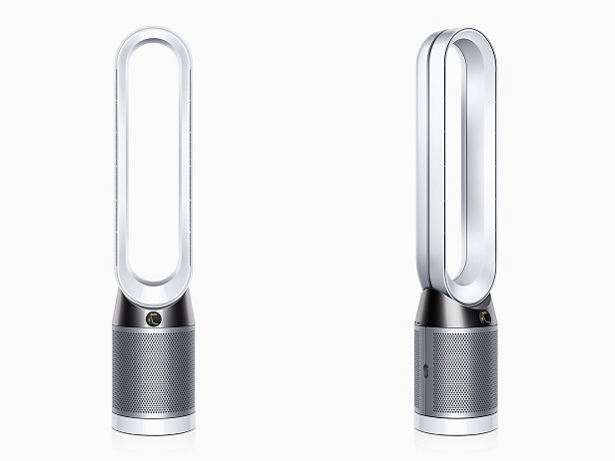
Take Regular Antihistamine
Although antihistamines and decongestants don’t cure allergies, popping a daily antihistamine pill or taking a squirt of nasal spray can provide relief by targeting histamine, the substance your body makes during an allergic reaction. This has the effect of calming those itchy eyes and runny nose. Some people find certain types of antihistamines are more effective than others, so you may need to try a couple to get the best results. You can buy non-drowsy versions which are obviously better for the daytime, unless your allergies disturb your sleep in which case you might prefer one that makes you a little more sleepy.
The doctor or chemist will be best able to advise you, as well as whether taking any other medications alongside can cause issues.
Alternatively, there are homeopathic remedies intended to relieve hayfever symptoms – enquire at your local health food or herbal shop.

Protect Yourself
Sometimes the simplest of methods can be effective in combating your allergic reactions. Wear sunglasses, a wide brimmed hat and apply a barrier balm around your nostrils to trap pollen particles before they enter your body. Wash your clothes after wearing to remove pesky allergens. The same applies to showering and washing your hair before bed, as the particles can cling to you. Keep an eye on the pollen reports and if you can avoid going outside when at their peak, keeping windows and doors closed you’ll reduce the impact on yourself. It’s not much fun, granted, but neither is sneezing your head off all day long!
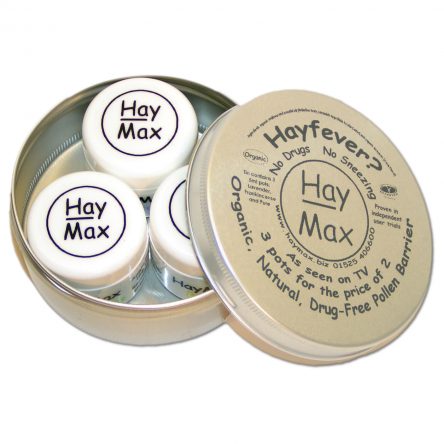
Diet
There is some evidence to suggest that eating a diet rich in anti-inflammatory foods can help. Some things we eat even have natural antihistamine properties, such as red grapes. Try to ensure you include a good variety in your diet, including:
- Tumeric
- Red Onions, Chillies, Watercress
- Red grapes and dark berries
- Oily fish
- Camomile tea
There is also anecdotal evidence that taking bee pollen granules, produced in the area where you live, may help reduce your allergic reactions to the local flora and this may be worth looking into if you have explored all other avenues.
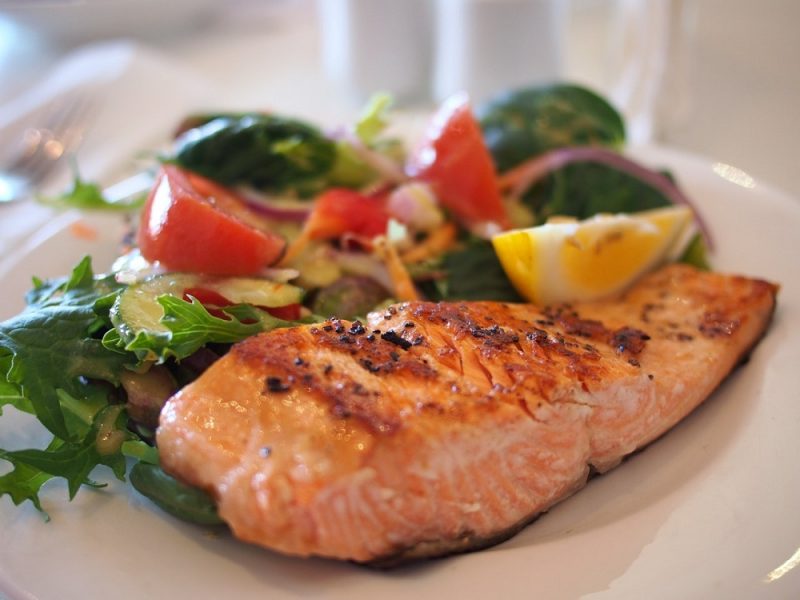
Get Away
If your hay fever is driving you mad, why not head to the mountains where the vegetation generally has fewer allergens, or enjoy a day at the coast. Being on a beach can be a great spot to avoid tree, grass and plant pollen. But remember to keep your car windows closed on the way there! It is interesting to note that Scotland and Wales have shorter pollen seasons and higher rainfall, making them a good destination for hay fever sufferers. Pollution in the big cities can worsen allergies and in fact asthma can be triggered by hayfever, with as many as 80% of asthma sufferers saying their condition is aggravated by pollen. A blast of salty sea air can’t do the sinuses any harm and at least you get to indulge in a nice ice cream while you’re there!

I think spring and summer can definitely be bittersweet if you suffer from seasonal allergies, but hopefully some of the above ideas will help. Here’s a link to the Met Office Pollen Forecast so you can keep an eye on the pollen count, too.
Why not pin this post for later:

Collaborative post
© Copyright 2018 Antonia, All rights Reserved. Written For: Tidylife
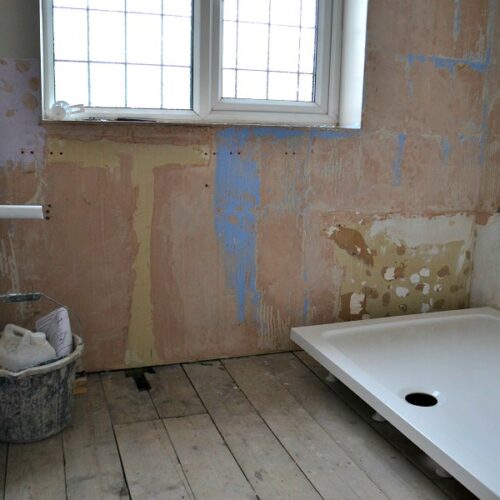

Leave a Reply